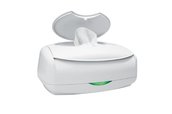
I thought this was a joke when I saw it for the first time. I promise you babies' butts are wiped with room temperature wipes every day without the end of the world. Not only are these unnecessary but the largest complaint I have seen about these gadgets is that they're very good at growing mold.
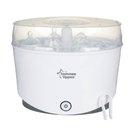
This might sound terrifying but I never once sanitized my son's bottles. We did not have a dishwasher or a microwave so I just used my trusty warm water and soap. Kid is healthy as a horse and we never had a single issue. Just wash them regularly and you should be fine. Your kitchen will thank you for the extra space.
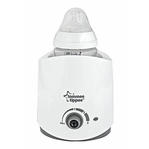
If you are bottle feeding, most people will tell you you absolutely need a bottle warmer. The only way I can see this making sense is if you prepare an entire day's worth of formula in a formula pitcher and stick it in the fridge. The easiest thing to do with formula is to use those handy munchkin travel containers to pre-measure powder for your bottles and then pour room temperature distilled water into bottles ahead of time. This is especially handy for outings and night time.
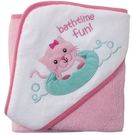
Baby towels are adorable. They have cute hoods and characters and you can match them all together so I get the appeal but I promise you this: baby towels do not work well. They're incredibly thin and non-absorbent. They never kept my first baby very warm post bath which is necessary if you want to avoid blood curdling screams. My tip? Just buy nice soft comfy normal towels in the bath section. More absorbency and warmth for a fraction of the cost. Same with baby wash cloths. They're insanely overpriced and besides being a little softer there is really no difference.
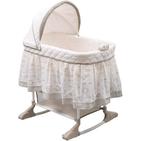
This is the biggest waste of money because your baby will outgrow it very quickly. I would recommend purchasing a pack and play for keeping baby close to your bed. It grows with your child and will last into toddler hood. Most bassinets only lasts for a month or so so you're spending tons of money on something your kid barely uses.


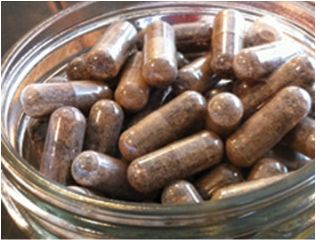
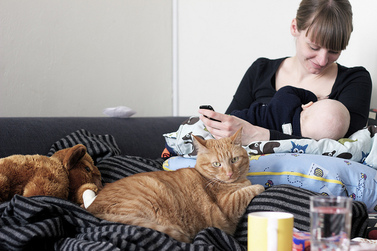

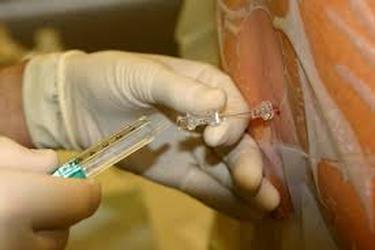
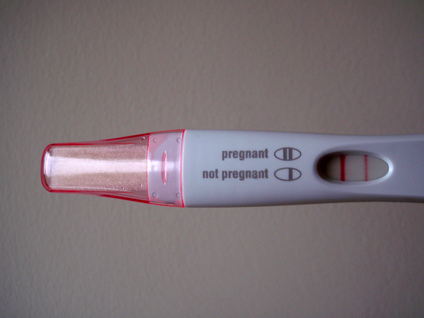
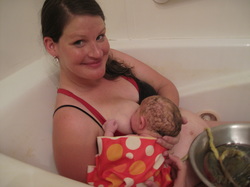
 RSS Feed
RSS Feed
